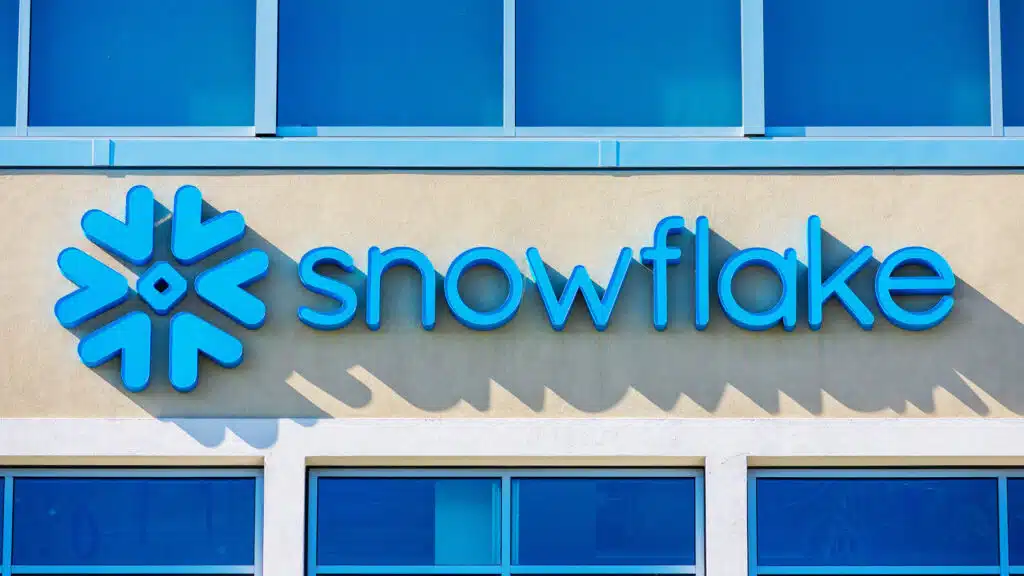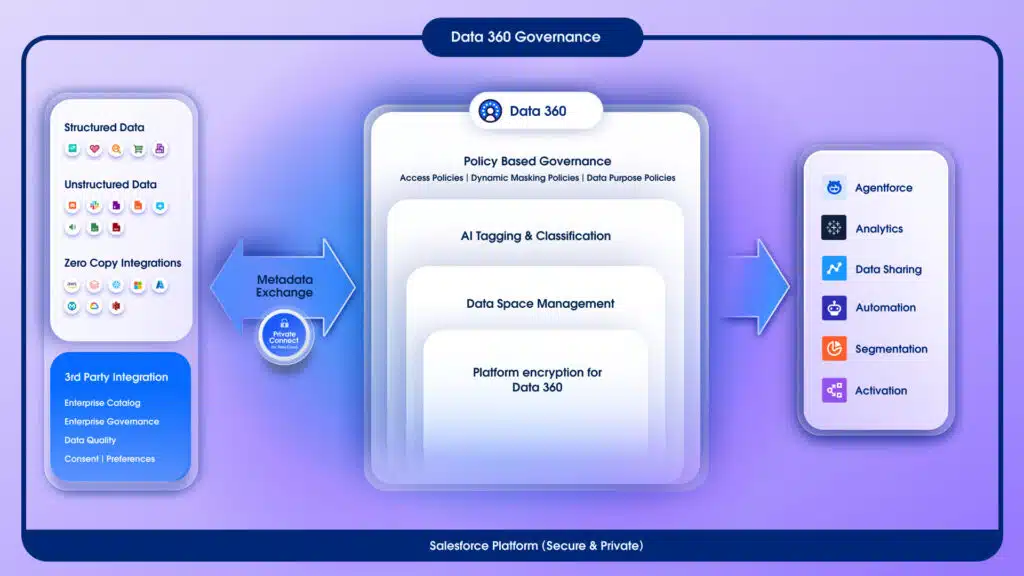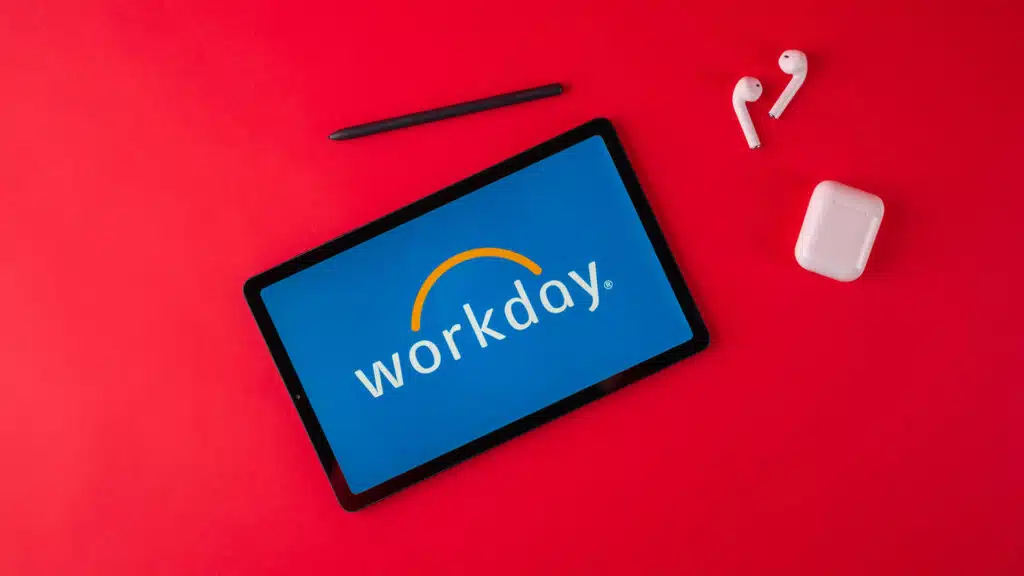The News: On November 15 as part of Ignite 2023, Microsoft announced the public preview of Azure AI Studio, the company’s AI development platform designed to simplify generative AI application development. Here are the key details:
- A comprehensive suite of tools, models. Including hybrid and semantic search for retrieval augmented generation (RAG) applications and a broad model catalog from OpenAI, NVIDIA, Hugging Face, Meta, and more.
- More tools. Organizations can ground models on their own enterprise data with Microsoft Fabric, build and train their own custom models, and integrate to GitHub Codespaces, Semantic Kernel, and LangChain.
- Responsible AI. The platform provides assistance to integrate responsible AI principles into the development process and evaluate AI applications for quality and safety. Users can classify content and detect jailbreak risks using Azure AI Content Safety and monitor applications in production for ongoing compliance.
Read the full press release on the Microsoft website.
With Azure AI Studio, Microsoft Contends for Top Dev Platform
Analyst Take: Microsoft’s Ignite 2023 delivered a copious number of announcements. With the news of Microsoft’s AI chip being the headliner, I believe the launch of Azure AI Studio to be a significant development for Microsoft and the AI ecosystem. Here is why.
One-Stop Shop, Comprehensive Stack to Compete with Google and AWS
With the addition of Azure AI Studio, Microsoft has built a compelling AI stack, albeit if you are interested in a public cloud-based solution, for enterprises to build, test, and operate their AI applications. Azure AI Studio was the signature developer platform piece that was missing, which kept it from measuring up fully to IBM, Google, and AWS offerings. Azure AI Studio as described will compete well with IBM watsonX, Amazon Bedrock, and Google Vertex AI.
Note that Microsoft is working with partners to enable various AI capabilities for enterprises that want to leverage them on-premises or in a private cloud. Azure AI Studio might be available for on-premises users, but I am not able to confirm as of this writing.
Leveraging Real-Life AI Experience, Including Copilot
The design of Azure AI Studio reflects real-word learnings that Microsoft has culled while developing other elements of its AI offerings, namely, the collaboration with OpenAI and the development of Copilot and integration of generative AI into Microsoft’s signature Office 365 apps. The design reflects mature AI thinking on many levels – for example, the highlight of the focus on RAG, fine-tuning on proprietary enterprise data, is a reflection of the rapid evolution of generative AI to a place where the general large language model (LLM) is not so useful for enterprises than more refined model use. The integrations are mature thinking – to Microsoft Fabric; third-party code platforms such as VS Code, GitHub Codespaces, and LangChain; and model partners such as Hugging Face, NVIDIA, and Meta.
Perhaps most important, the real-world learnings Microsoft leveraged here have to do with security and AI safety. Microsoft has meticulously built systems to manage AI risk for the deployment of AI through its Copilot and AI-infused applications that the company is able to bring to bear in Azure AI Studio. These AI safety policies and guardrails could be a differentiator for Microsoft in the quest to capture enterprise AI business.
Conclusion
Microsoft appears to be fully spreading its wings in generative AI, leveraging it in a comprehensive manner because its long experience in AI coupled with its significant learnings from integrating OpenAI models into Microsoft applications has allowed them to extend into a wide range of Microsoft products. Azure AI Studio is certainly a beneficiary of those learnings, and consequently, it will enable Microsoft to compete well with IBM, Google, and AWS AI development platforms.
Disclosure: The Futurum Group is a research and advisory firm that engages or has engaged in research, analysis, and advisory services with many technology companies, including those mentioned in this article. The author does not hold any equity positions with any company mentioned in this article.
Analysis and opinions expressed herein are specific to the analyst individually and data and other information that might have been provided for validation, not those of The Futurum Group as a whole.
Other insights from The Futurum Group:
Microsoft Ignites Teams With a Shift in Digital Collaboration
Microsoft Ignite Showcases AI Advancements with Copilot in Teams
Microsoft’s AI Safety Policies: Best Practice
Author Information
Based in Tampa, Florida, Mark is a veteran market research analyst with 25 years of experience interpreting technology business and holds a Bachelor of Science from the University of Florida.







